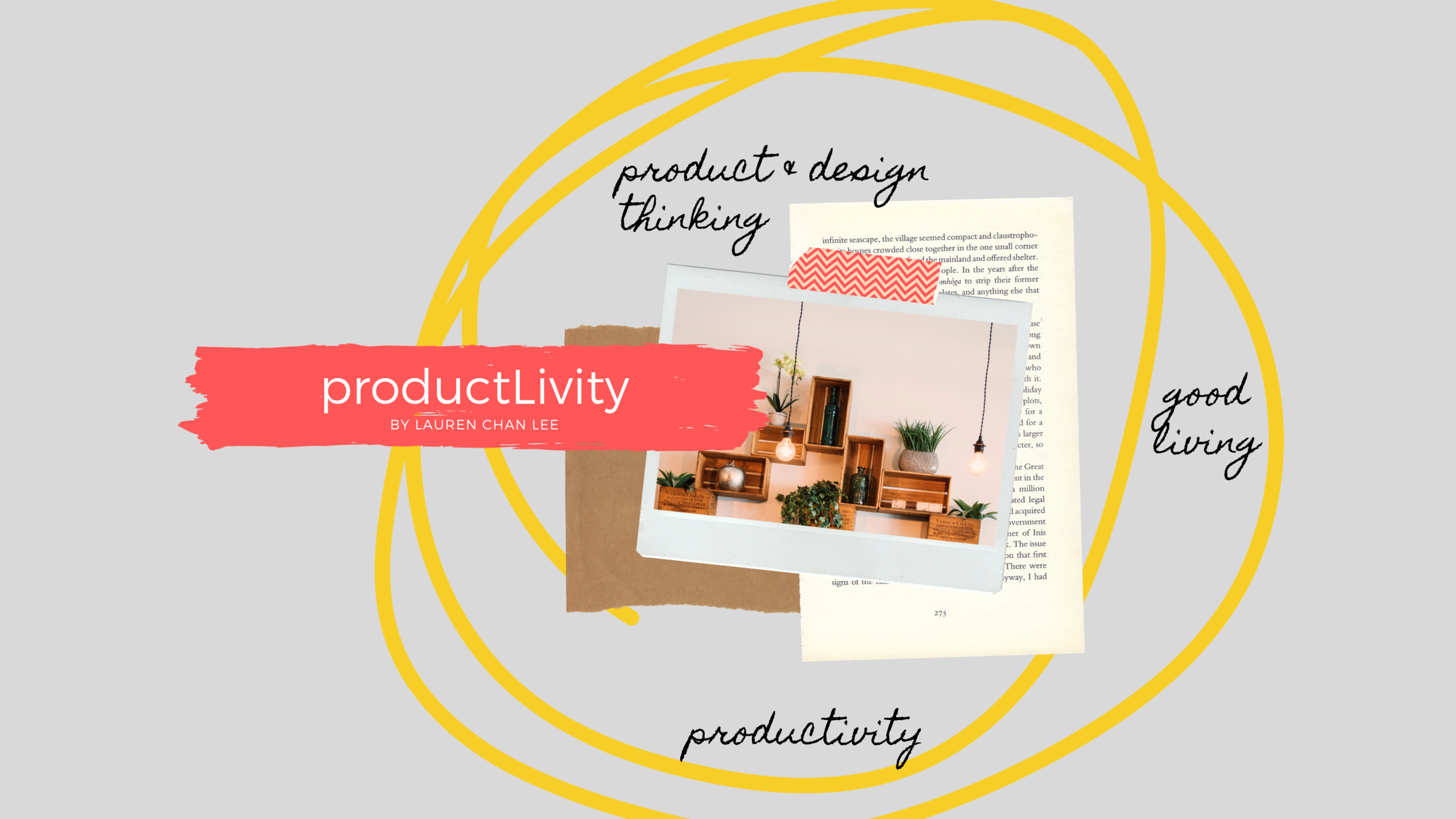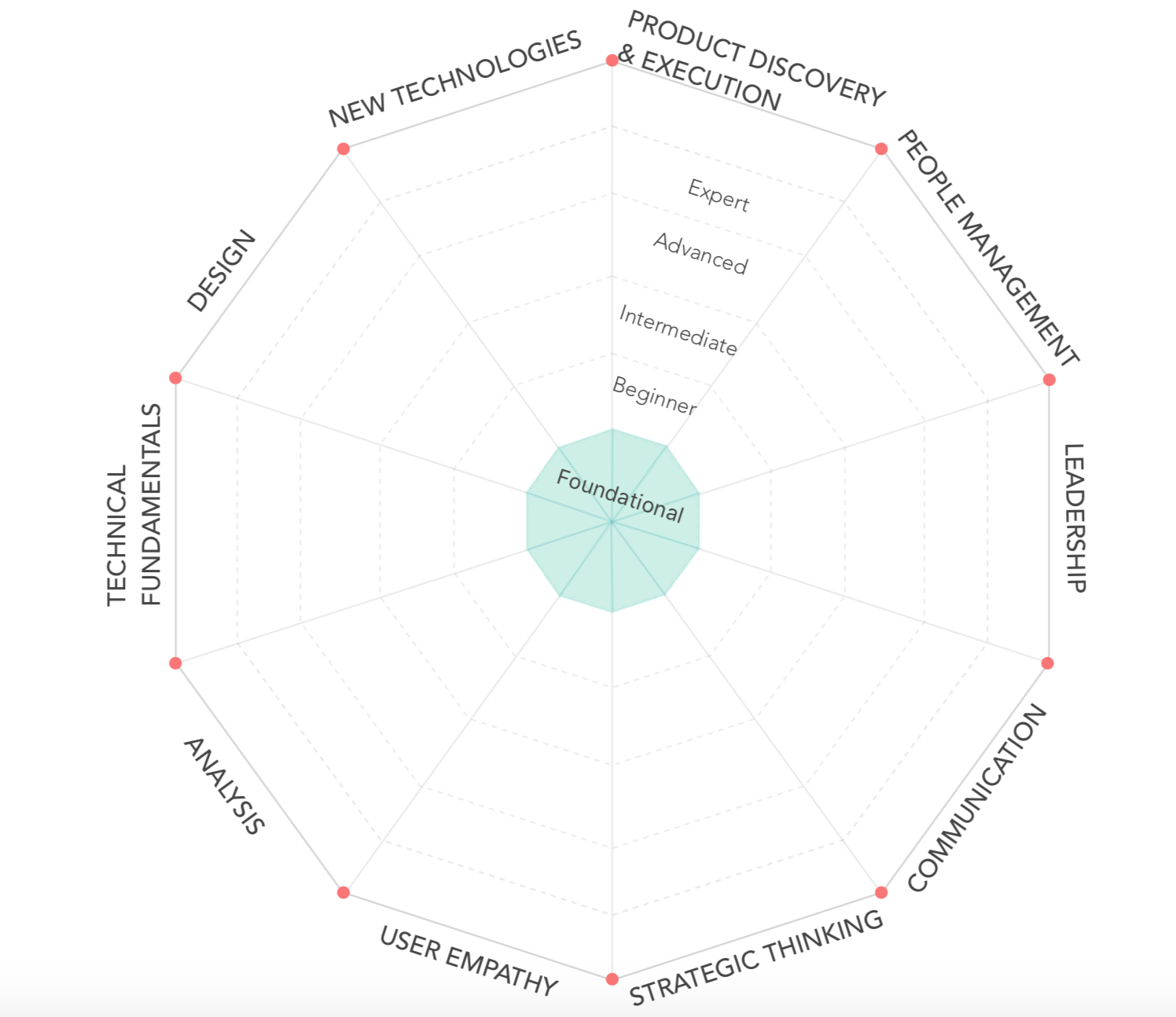If you enjoy reading these stories, you can sign up for my newsletter on Substack to get an email whenever my new posts come out.
Conjuring up a touch of COVID-friendly Halloween hocus pocus
Halloween is only about two weeks away and it’s clear this year’s celebration will be unlike any other. In past years, our family walked to a block party a few streets away. My husband and I stood shoulder-to-shoulder with our neighbors and admired the elaborate decorations, while our kids went trick-or-treating down each driveway.
We didn’t want Halloween to end up as another casualty of 2020. Halloween is one of the kids’ favorite holidays and they’ve already missed out on so much in the last six months that we really wanted to make sure that Halloween still has a little magic this year. I realized that I could take my PM wand out and “solve” Halloween, just like I would any other user problem. Read on to hear about how I used product principles to design a magical Halloween experience, with a COVID-friendly twist.
Is our digital clutter killing the environment?
Today, I walked outside and took a deep breath of fresh air. Hooray!!!
After a record breaking streak of Spare the Air Days, everything outside being covered in ash, and a day that drew comparisons to BladeRunner, I can no longer take clean air for granted. It got me thinking about what each of us can do to slow global warming.
Read on to hear my thoughts on the responsibilities we have as Product Managers and how we can build more environmentally conscious and socially responsible products.
Finding the good in dark patterns
Dark patterns are sneaky, deceptive, manipulative... maybe even evil. They conjure up nightmare examples of agreeing to privacy policies that (you didn’t realize) share your data with third parties, having to jump through hoops to unsubscribe from a service, or getting notifications to pressure you to speed through checkout.
But are dark patterns just misunderstood? Can dark patterns be used for good??? Read on to find out how I applied the persuasiveness of dark patterns responsibly.
Introducing the Product Decagon, a way for PMs to navigate to their dream job
What do you want to be when you “grow up”?
What are you doing to make it happen?
In today’s post, I’m sharing the Product Decagon framework that I created. It’s a tool for product managers to clarify your vision of what you want to be when you grow up, assess your skills and gaps, and plan your career development. I hope you’ll give the Product Decagon a try, and would love to hear what you think in the comments.
So easy a toddler can do it
Anyone remember drunk UX testing? The premise was that your website should be so simple, a drunk person could use it. I decided to do my own riff on this idea, replacing a drunk person with a toddler. Your website should be so simple, a young child should be able to use it, right?
Read on to find out what happened in my experiment. What websites did they test and did they pass the toddler UX test???
How to create products that are unforgettable
What is it about music that creates such a strong imprint in your memory? Often I find that I can remember not just the lyrics and harmonies in a song, but also exactly what I was doing while listening to it. Read on to hear more about this cause and effect, and I’ll share my magic formula for how you can build product experiences that people love and remember years later.
My own version of “What the suck”
How does -1% = -30%? Getting stitches is never fun, and even a small injury becomes magnified when it restricts your movement. Like Shripriya Mahesh’s talk on “What the Suck”, read on to see how “the Suck” inspired me to be a product manager that clarifies the right problem to solve, designs for accessibility and inclusion, and embraces user empathy.
Harnessing growth mindset to design a spider killer
The past two weeks, I’ve felt heavy hearted about the state of our nation: racial tensions, protests, and looting, all in the backdrop of a pandemic and economic recession. It felt reminiscent of the Rodney King riots that occurred nearly thirty years ago when I was a child, and I was discouraged to think about how little had changed. I went through the initial stages of feeling overwhelmed and defeated. I wanted to do something, but I was scared that I’d do or say the wrong thing.
Then, a chance encounter with a spider helped me remember that as a product person, I believe in experimentation and having a growth mindset. It’s ok to not feel certain that you have the right answer. Try different solutions, test them out and learn from it. Taking action moves you closer to the right answer, whereas standing still leaves you right where you were when you started. Whether it’s building a new enrollment flow or fighting for equality, take action, even if it means you might fail sometimes.














